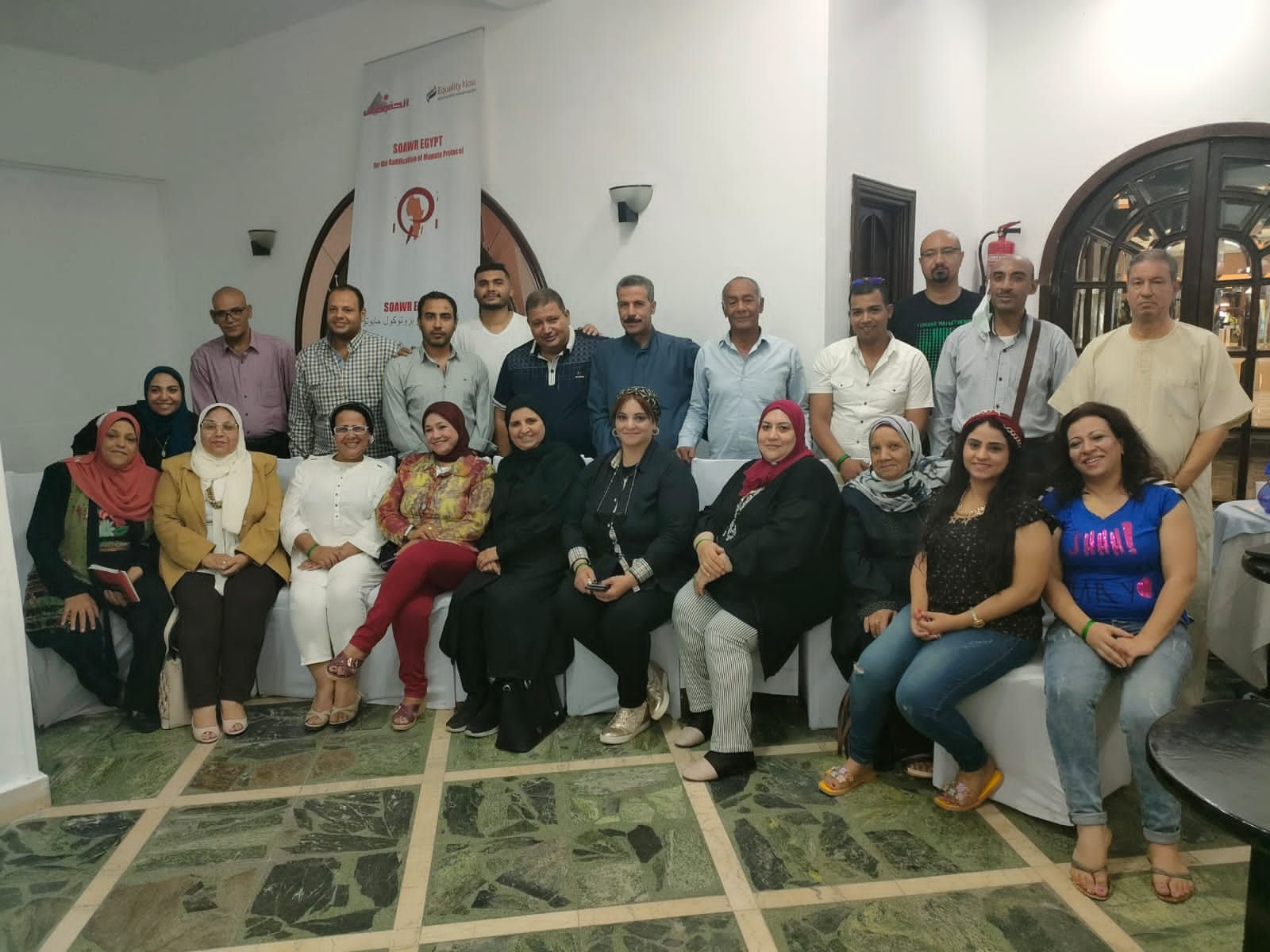
Combating terrorism:
Since the ousting of the Islamic president Mohamed Morsi, the country is exposed to terrorist attacks by Takfiri armed groups supported by political trends within the Muslim Brotherhood at the forefront of these trends. The terrorist attacks have killed hundreds and injured thousands from the military, police and civilians in addition to burning and destroying public and private property.
In light of the above, the coalition calls for the following:
- The State shall draw up national plan for fighting terrorism which includes the necessary constitutional amendments. This plan should not be limited to security solutions but we must fight terrorism at its root through reforming educational system, media and religious institutions.
- The State shall provide ongoing training and awareness concerning human rights and the respect thereof to security personnel and doctors in charge of prisoners within the context of the fight against terrorism.
- Combating torture:
The crime of torture violates the most basic human rights of the mere Egyptian citizens. Although longstanding revolutionary demands for ‘human dignity’, there is still no appropriate legislative development which sets effective measures and procedures to protect the civilians from torture crimes.
The UN Convention against Torture defined torture in Article 1 as, “For the purposes of this Convention, torture means any act by which severe pain or suffering, whether physical or mental, is intentionally inflicted on a person for such purposes …. “.
In light of the above, the coalition calls for the following:
1- To amend provisions of the penal code and the code of criminal procedure to comply with the United Nations convention against torture.
- To amend article 126 of the Penal Code in accordance with article 1 of the Convention against Torture so that penalties extend to include:
- torturing defendants to force them to confess, or for other purposes, such as revenge, as a favor to influential persons, etc.,
- torturing others to force a defendant to confess or to force those subjected to torture to provide information concerning a defendant,
- the use of physical and psychological torture,
- public employees who commit torture or order that it be committed, even if their role only consisted in inciting, agreeing to or being accomplices to acts of torture.
4- To amend article 63 of the Criminal Procedures Code to allow torture victims to file direct lawsuits against officers and security personnel who commit torture during the course.
5- To take preventive measures to minimize the possibility of torture taking place in Egyptian places of detention, including putting a stop to isolating detainees and preventing them from having contacts with the outside world,







